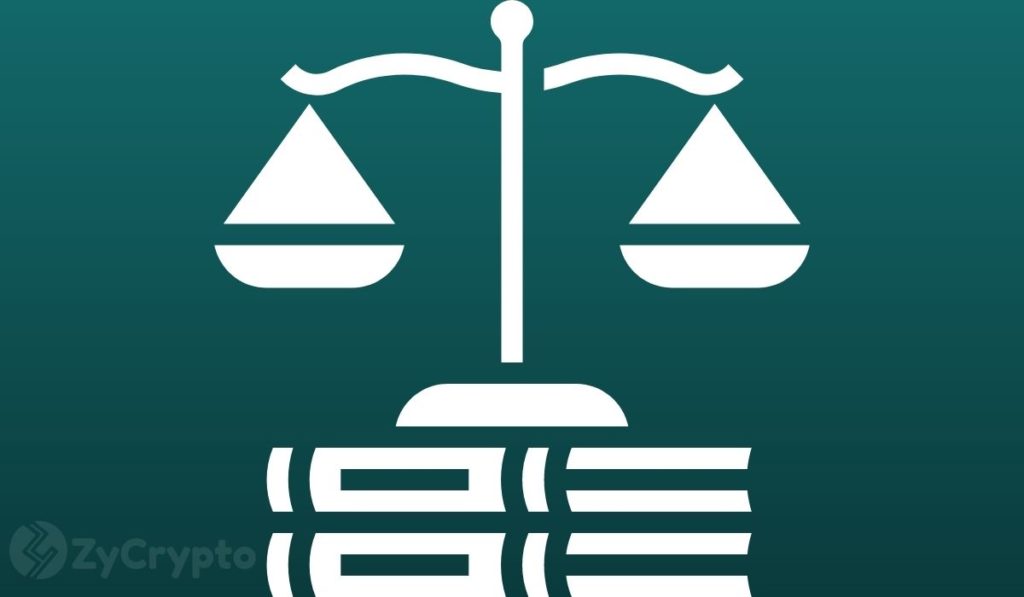2019-1-30 16:23 |
In recent times, it would seem like the governments in a few countries keep looking for new ways to control and profit off cryptocurrencies.
Some countries including Chile, Romania, Spain and South Africa, are making laws that not only tax crypto assets but also force citizens to reveal their cryptocurrencies in their home country and also abroad. In some cases, crypto investors are made to pay as much as 35 percent on crypto gains.
Taxing Cryptocurrency: Long-sought Recognition or Loss of Autonomy?For a long time, the governments of many countries have refused to recognise cryptocurrency as a legal financial instrument to be used in daily transactions. In some cases, these governments have even proceeded to take steps to deter and discourage investors from putting their money in cryptocurrencies.
On the other hand, some other countries have welcomed the crypto market and even gone as far as committing to research, making supportive policies and even legalising digital coins as an important and valuable part of their economic strategy.
If any government is currently trying to collect on gains in the crypto market, this would mean that these digital and crypto currencies have come to a level of recognition where the government can no longer deny their relevance, value and importance to the country. This would seem like good news for most of the crusaders who have been fighting for acknowledgment and recognition for a long time.
However, for some crypto visionaries, the autonomy, privacy and dispassion from the government, is very essential for the survival and culture of these cryptocurrencies.
In Chile, for example, there is a new legislation starting in April, that allows the government to tax cryptocurrencies. This move has been lauded by Chilean crypto visionaries as a step in the right direction because it unmistakably means that the government has come to recognise cryptocurrencies as legal tender.
Up until recently, the Chilean judiciary had vehemently refused to recognise or protect these investments because they had issues with the basic attributes of the virtual currency and refused to recognise it as legal tender.
The Autonomy ProblemBasically, the growing discussion in the crypto community is whether or not the interference is a good thing for the future of cryptocurrencies. On one hand, it brings a lot of recognition and value from the government. On the other hand, many users believe that for cryptocurrencies to properly function and operate, there is a need for the crypto market to run with little or no interference from the government.
Chile had always regarded cryptocurrencies as intangible assets but now, investors would have to pay tax on earnings. The reason Chile, along with a few other countries, has maintained this position is that the crypto market makes it easy for criminals to evade tax and launder money.
A Spanish publication says that “The use by organized crime of the deep internet for trafficking and trade in illicit goods, as well as the use of bitcoin-type cryptocurrencies as means of payment, is one of the most demanding challenges today. In order to face this threat, the use by the tax agency’s research units of new information gathering and analysis technologies in all types of networks will be enhanced.”
The number of countries getting involved in crypto is small but this number seems to growing. Whether or not this would become a good thing in the future, only time can tall.
origin »Bitcoin price in Telegram @btc_price_every_hour
South African Rand (ZAR) на Currencies.ru
|
|





























